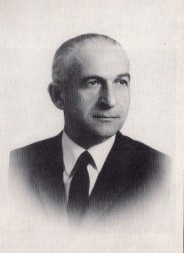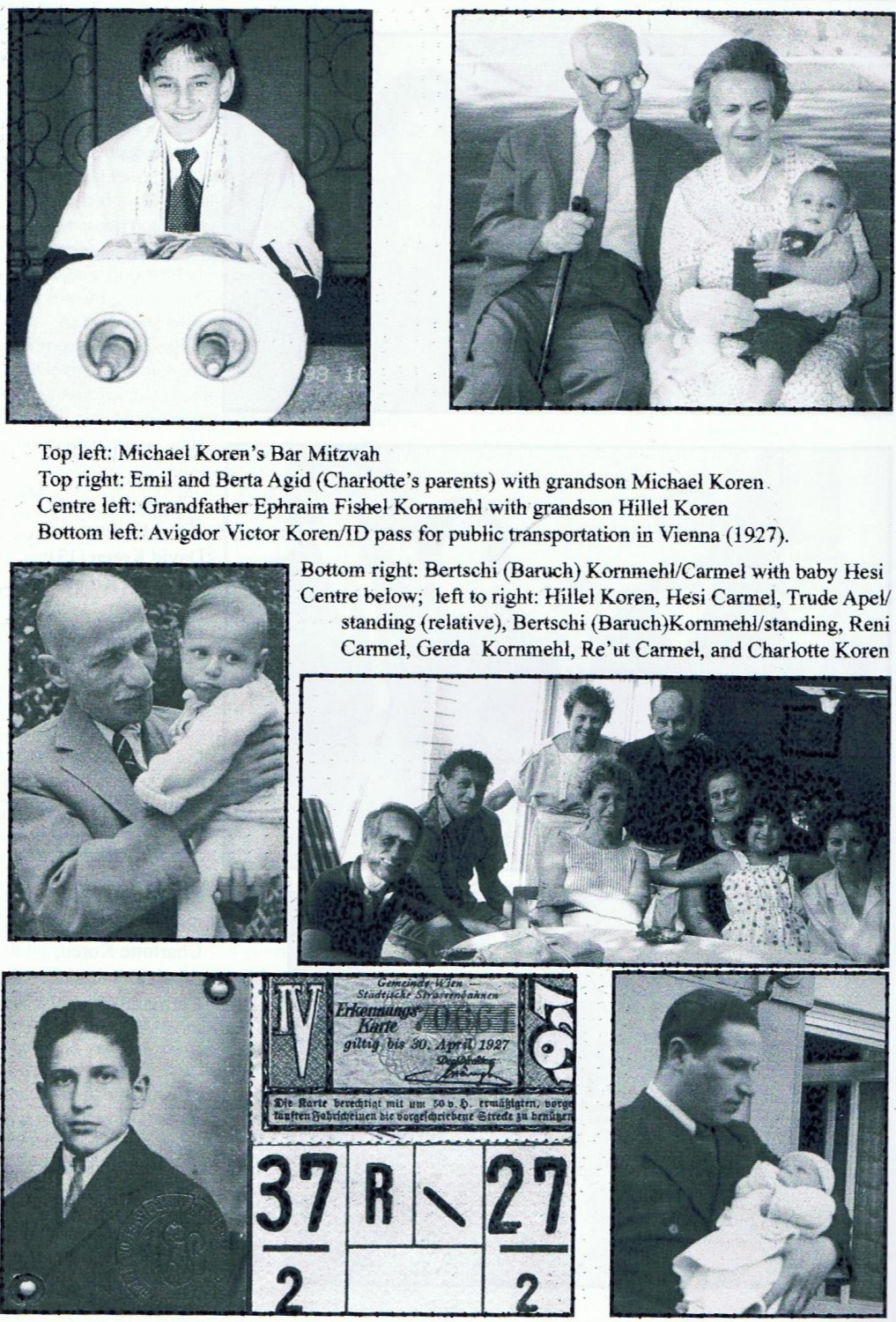
You’ve heard of foreshadowing. A character in a novel feels a cold chill or, in a film, ominous music plays while a man drives along in a car, a much-too-happy grin on his face (yes , I’m thinking of you Downton Abbey, Season 3, and damn you not only for killing off Matthew but for doing it in such a goofy way, with such a clumsy use of foreshadowing, that I was almost tempted to laugh when it happened).
But I can’t think of an equivalent for happy events, a literary or cinematic shorthand to indicate that all will turn out well, in any genre that is not, say, romantic comedy. Perhaps that absence is due to the “All happy families are alike” — i.e., boring — notion, promulgated by Tolstoy at the start of Anna Karenina.
The Invention of Forelightening
I’m going to call this literary device, which doesn’t exist as far as I know, forelightening.
I’ve tried to hint, by noting that Viktor Kormehl and his brother, Bertschi, were politically active in Zionist causes and that they helped save many European Jews from Nazism by arranging transports, that they themselves didn’t sit around and wait for Austria to be invaded by Germany or for the border to close. And perhaps the fact that I’ve mentioned that Viktor’s son, Hillel, was the source of much of the material here, should have been a dead — or is that live? — giveaway that things turned out well for this branch of the Kornmehl family.
But since I haven’t been writing about events in sequence, as is the nature of genealogy (and, especially, of observations put down in a writing challenge that has a daily deadline), any hints I might have given about a happy outcome will have been obscured.
The Direct Approach
So I’ll just come out and say it: Viktor, his brother, their father, Ferdinand, and his second wife, Dora, got out of Vienna and moved to Palestine, where they lived well and prospered.
It wasn’t easy, as those with any knowledge of the history of the state of Israel will know. Viktor joined the organization that became the Irgun and helped fight for statehood. And of course they weren’t immune from the horrors of World War II. Many close family members were killed.
But I’m happy to report — not only for them, but because I never intended this blog to be about the hell of the Holocaust — that they were able to enjoy their children and lead normal lives.
Viktor established a medical practice in Tel Aviv and, with other physician partners, founded Kupat Cholim Maccabi, the first private health insurance provider in Israel.
His son, Hillel Koren, went on to become a leading scientist in the field of environmental health. You can read about some of his accomplishments here.
I spoke to Hillel on the phone yesterday and discovered that he is not only extremely accomplished but very nice.
Another bit of forelightening: We — by which I mean my oft-mentioned research team of Jill Leibman Kornmehl and Lydia Davis — found the family of Ezriel Kornmehl, the first of the Doktors Kornmehl discussed on this blog. He and his wife, Ernestyna, had a harder time during the war but survived to have ridiculously accomplished children too. I’ll tell you more about them tomorrow.
In the meantime, you can look at pictures of Viktor Kornmehl — who is in the cameo next to the blog’s title — and his happy family.
This is Day 26 of The Family History Writing Challenge. Can you tell that, with the end so close, I’m getting a little slap happy?


Having known Hillel for so many years through a common interest in family genealogy, I am absolutely thrilled that his side of the family has been highlighted in this month’s challenge. Not only is he a wonderful colleague in all family research endeavors, but a true mensch. I feel honored to have met him in the early days of gathering family history. His father was a very unique and admirable family member. It is wonderful that he has found a place to have his attributes highlighted in this month’s blog challenge.
It’s been great fun getting to know Hillel’s family virtually before hearing his voice. And yes, I agree, from my limited acquaintance, he definitely seemed like a true mensch.
Bertsche’s name on a list of prominent (Jewish) rescuers
http://jewishholocaustrescuers.com/Rescuers__H-L_.html